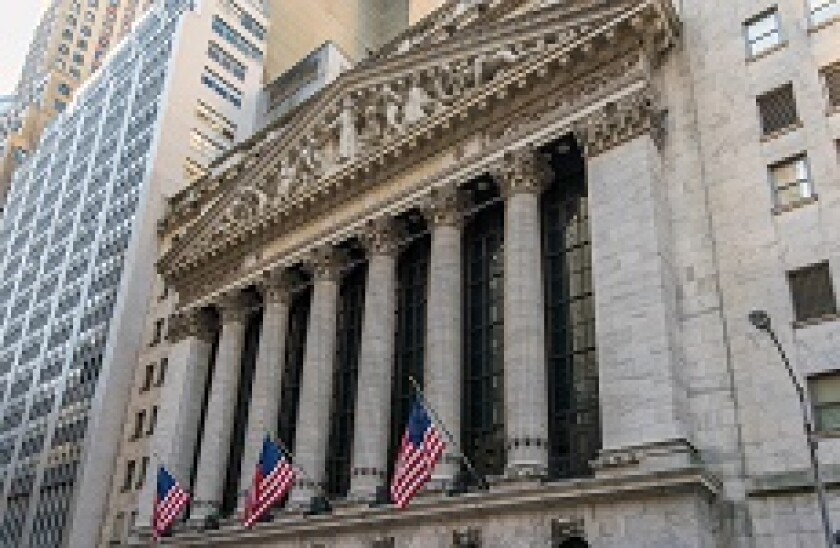The post-IPO performance of companies like Uber, Lyft, Smile and Peloton have left investors nursing heavy losses and on Monday famed CNBC host Jim Cramer urged investors to “say no to the next IPO” which tries to come to market whatever the company.
US IPO investors are used to outsized returns but the market has not generated much alpha this year.
New US listings as a whole have generated investor profits of around 2% year-to-date when weighted for size, according to Dealogic data.
However, without the two biggest loss makers of the year — Lyft and Uber— it would have generated weighted returns of over 13% for investors.
Out of the 135 companies to list in the US this year, 43 have lost money for investors in trading, which means that 68% of deals in the US have generated a positive return.
The market is far from broken but buyers appear to have become sceptical of hyped-up loss-making companies sold at huge valuations dependent on future earnings.
Investors speaking to GlobalCapital are also less convinced about the long-term direction of the US economy and continued stock market volatility means buyers need fundamental conviction in a company’s numbers to invest in an IPO and to support it in trading. New deal hype alone is no longer likely to work.
But far from being disastrous, it shows that US equity investors are beginning to have a similar attitude to buyers of European IPOs, who began to show more price discretion towards new deals as early as last year.
This has continued through to 2019 and European IPO sellers must now offer substantial concessions to investors in order to reward them for taking a risk on an untested stock at a time when the economy might be slowing and the long-term direction of markets is uncertain.
European companies that have come to market with a record of profitability, and a willingness to give investors an IPO discount, have performed well this year.
Companies without a strong fundamental story or that have sellers who do not wish to offer shares at a discount, have often chosen to avoid the market.
This same dynamic might be starting to affect the US, and far from it being a sign of a damaged market, it might just be evidence of a sane one.

